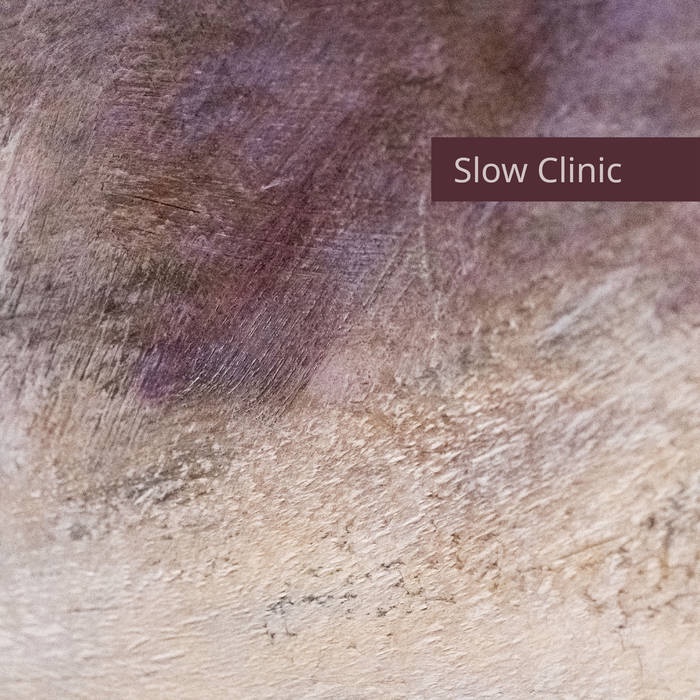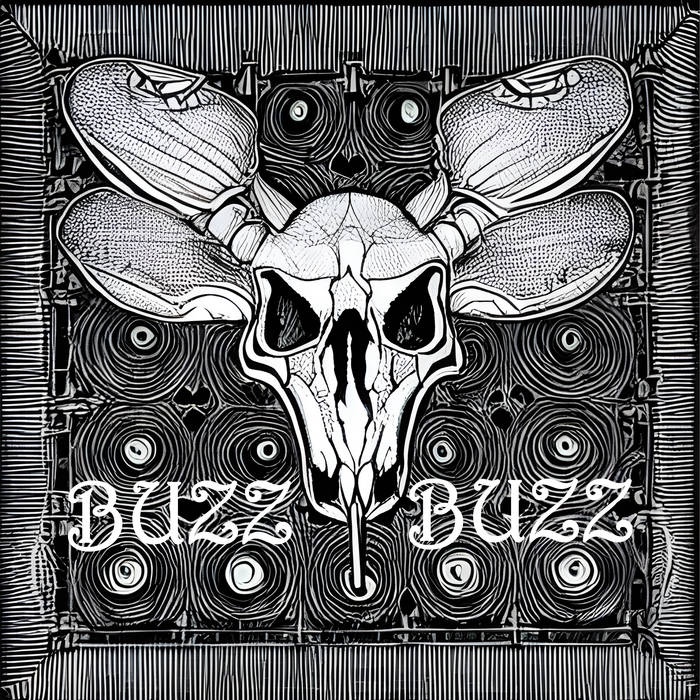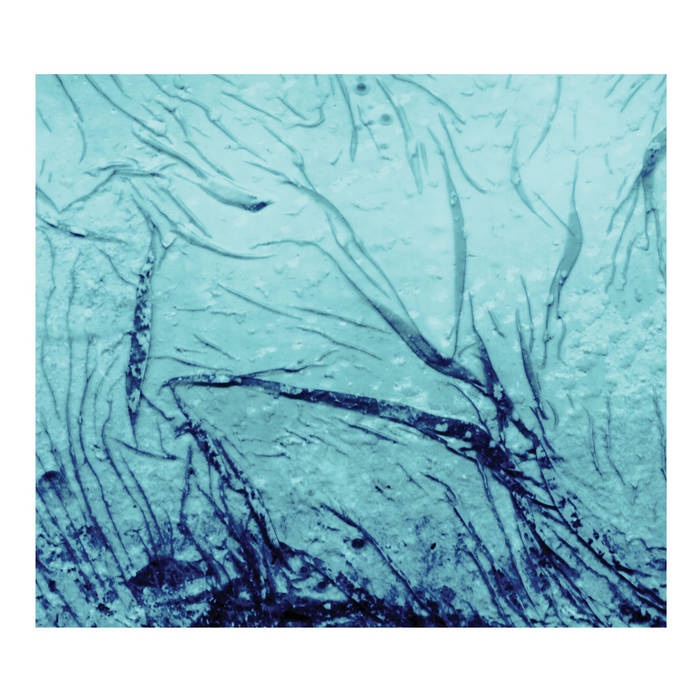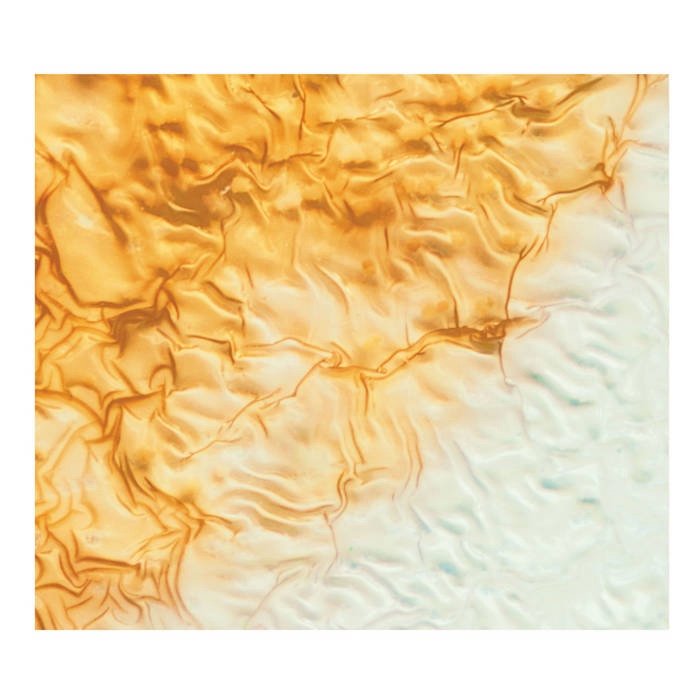
SLOW CLINIC – ACCEPT (Florina Cassettes)
Slow Clinic is a project of mastering engineer James Edward Armstrong. On the three pieces presented here, it’s self-evident that Armstrong has an exceptional ear for detail and nuance. ‘Accept’, ‘Hold’ and ‘Wander’ are all constructed from field recordings made in Farnham, Surrey using an old dictaphone, upon which Armstrong layers gentle, undulating guitar drones. These drones were built from a chain of effects pedals but were otherwise fully unprocessed after they’d been recorded. At times resonant, at others contemplative, there is an appreciable openness to these pieces, and, perhaps, a vulnerability: they are imperfect, in the sense that the base layer dictaphone recordings are bathed in a hissy white noise where you can almost hear the tape mechanism. Moments of clarity find their way through, but that lo-fi bed of static is a constant. And, in that sense, this is Armstrong at his most accepting. For someone so well-versed in addressing deficiencies and errors in other artists’ material, with this EP he doesn’t seek to address those that present themselves in his own work. One can only imagine that process was strangely freeing and cathartic for an artist usually drawn to the most macroscopic of details. Released 27 March 2024.

MORAY NEWLANDS – BUZZ BUZZ (Wormhole World)
The latest album from Dundee’s Moray Newlands acts as a tribute to The Wasp Factory, Iain Banks’ debut novel. Forty years on from the publication of The Wasp Factory, it remains a book that is fraught with controversy and whose unswerving violence and vivid, twisted narrative launched Banks as his generation’s Anthony Burgess. When I first read the book, sometime in the early 1990s, the violence wasn’t what gripped me; instead it was a sort of compassion for Frank, the 16-year-old protagonist. Not, I stress, because I felt some sort of nihilistic familiarity with his character, but because of how deeply troubled and disturbed he was. I don’t think I had read a book, up to that point, where I felt as much sorrow for the main character as I did disgust. It proved to be good practice for when I read American Psycho.
Newlands’ album is, then, appropriately balanced – empathetic in places but just as unflinchingly brutal as Banks’ narrative. The two opening pieces, ‘The Sacrifice Poles’ and ‘Snake Park’ are mournful, symphonic and curiously moving. So moving in fact that you don’t notice the creeping undertow of sibilant buzzing sounds and dark shadows, all of which are fully realised on ‘The Bunker’, where the sound of birds and softly squalling sounds act as metaphors for Frank’s torturous ways. Buzz Buzz is like the Bibliotapes cassette that somehow never got released, moving episodically through the book’s pivotal scenes and figures. Here we meet Saul, a dog that is purported to have inflicted a grievous injury on young Frank (‘Old Saul’s Skull’). We encounter his brother, Eric, forever changed by his grim experiences as a medical volunteer, one of the book’s most harrowing moments (‘What Happened To Eric’). In a moment of grim, fairground whimsy, we alight upon Frank’s cousin, ‘Esmerelda’, killed after he attached her to a large kite which takes her far out to sea. The motive? Because he’d killed too many boys and needed to create a semblance of evenhandedness.
Elsewhere, we hear the sonic embodiment of Frank’s wasp-destroying mechanism on the title track, a stew of clocks, wound-up cogs, struck matches, dubby pulses and angry – nay fearful – buzzing. Even now, when confronted with the idea of Frank’s Heath Robinson torture device, I find myself instead thinking about an episode of Bagpuss where his mice companions use a similarly ramshackle machine to make digestive biscuits. I think it is a device my teenage brain used to prevent me from being too impacted by Frank’s callous traits. Finally, we arrive at the album’s closing moment, ‘What Happened To Me’, the sonic portrayal of a pivotal confrontation between Frank and his father, wherein we learn a lot about Frank – or maybe, just maybe, nothing at all. Newlands depicts this in a searching, inquisitive, but ultimately unresolved electro-symphonic tearjerker, a droning, undulating voice sound reminding us of Frank’s hymenopteran prey.
This album is not for the faint-hearted. There are moments here that are exceptionally terrifying, much like The Wasp Factory itself. My overriding impression, however, like my first reading of the book, is one of compassion toward poor Frank, in no small part thanks to Newlands’ clever sound design and masterful use of emotional texture. A powerful work of arresting, complex detail. Digital edition released 24 May 2024. CD edition released 28 June 2024.

WHETTMAN CHELMETS – A NEW PLACE (Quiet Details)
A New Place began life as a song by Whettman Chelmets’ young daughter. You can hear that song in the first two minutes of ‘Prelude To A New Place’, the first of the three tracks which constitute this release. That voice, imperfect, untrained and innocent, lends these pieces a sense of nostalgic optimism, which I can only liken to the feelings that wash over me whenever I look at old photographs of my children. There is a thick blanket of gauzy texture draped over these three pieces through which fragmentary details and ideas appear – a guitar, resonant brass, strings, a half-melody, children’s voices, discordant buzzing, the click of a computer mouse. At different points, these interventions can appear almost impenetrable, often threateningly dissonant, but those moments, like all the segments here, evolve away rapidly. In the final judgment, A New Place is a wonderfully evocative album full of ceaseless motion, and one of the most beatific albums I’ve had the pleasure of listening to. A resounding, emotional achievement for Chelmets, and another fine release from the consistently-brilliant Quiet Details imprint. Released 29 May 2024.

ASHER LEVITAS – Above The Pale Green (Waxing Crescent)
This four-track EP from Asher Levitas is bordered by two tracks that occupy similar stylistic ground. Opener ‘Fence – Stream – River’ begins with the the sound of gently flowing water and a metal fence being stroked by a stick, out of which rises a soft and delicate tapestry of ambient pads that sit on the frontiers between wistful, nostalgic and hopeful. A brief swirl of gurgling analogue synth evokes the notion of a meandering stream. A similar combination of field recordings and elegiac textures occurs on the closing track, which gives this EP its name. Except that where the first piece offers sense of optimism, ‘Above The Pale Green’ feels restless and uncertain.
If you only listened to those two tracks, you’d wind up with a completely unrepresentative impression of this EP. ‘Nowhere To Be’ is a woozy, slowly-evolving minimal synth pop cut overlaid with a haunting, wordless vocal and simple, pinprick melodies. It’s a lot like finding an early 1980s electronic demo tape in the loft of the house you’ve moved into, suitably draped in years of nostalgic fuzziness. If that wasn’t surprising enough, ‘You Don’t Have To’ is a further departure in the form of a plaintive, open and tender piano ballad. The keyboard sounds wonky and slightly imperfect and is augmented by subtle interventions off in the background. A grubby, dissonant melody, soaring textures and fragile rhythm in the middle eight usher in a more nuanced and layered conclusion. Having the bravery to fit three highly distinct and, on paper, incompatible styles together is a rare moment of daring, but Levitas executes it impeccably. Released 14 June 2024.

LOULA YORKE – Speak, Thou Vast And Venerable Head (Quiet Details)
The second Quiet Details review in this round-up comes from Oram Award winner Loula Yorke, and arrives hot on the heels of her recent masterpiece Volta. Heard in the context of that album, which relied less on the rave-inspired modular improvisations of her earlier work in favour of conscious composition, Speak, Thou Vast And Venerable Head feels unhurried and unburdened by expectation. It’s as if Volta reset those expectations and allows a sense of levity and freedom to enter Yorke’s electronic structures. The central piece here is the 13-minute ‘Monolithic Undertow’, which shares its title with Harry Sword’s landmark book about drones. Again, Yorke upsets expectation with this piece. Rather than being a dense block of intensely wavering drones, ‘Monolithic Undertow’ extends out on a intricate web of dubby, restless bass arpeggios, over which Yorke layers gently modulating clouds of intangible electronic texture. These are pieces filled with vast, open landscapes of sound and a sense of constant, fluid motion. Released 19 June 2024.
Words: Mat Smith
(c) 2024 Further.
